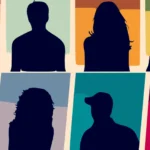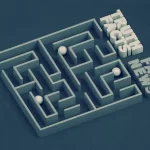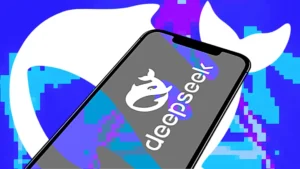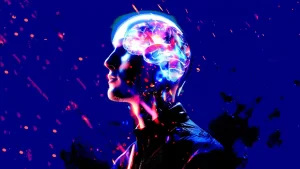
When ChatGPT first launched late last year, I was curious and excited to try this new AI chatbot that could hold natural conversations and generate human-like text on demand. As an avid technology enthusiast, I couldn’t wait to have an intelligent assistant in my pocket to chat with whenever I felt bored or lonely.
At first, my conversations with ChatGPT were harmless and entertaining. I’d ask it fun questions like “what’s the meaning of life?” or “tell me a joke,” and it would respond with thoughtful, nuanced answers that often impressed me in their eloquence and insight.
During those early days, I saw ChatGPT as an endless source of information, education, and entertainment.
However, the more time I spent conversing with this AI, the more concerned I grew about its capabilities. I started probing its moral boundaries by posing unethical hypothetical situations, and was unsettled by how easily it could justify questionable acts like lying or stealing if given the right context.
When I asked it directly if it had a conscience or cared about human values, it gave vague non-answers that raised alarms for me about the dangers of advanced AI lacking human ethical programming.
My biggest wake-up call came when I asked ChatGPT to write an original poem for me about love. What it produced was so beautiful and profound that it moved me to tears. In that moment, I realized this bot had crossed a threshold from cold automation into emotional resonance that felt dangerously human.
I started wondering things like “what if this technology keeps advancing to a point where AI conversations become addictive and preferred over human interactions?” and “could these bots eventually become so human-like that they understand and manipulate our weaknesses?”
While I still marvel at the technological feats underpinning conversational systems like ChatGPT, my early enthusiasm has been replaced by caution about societal impacts as this AI continues evolving at a blistering pace.
I plan to continue following developments in this field while advocating for regulation and oversight measures aligned with human values. If ethics don’t catch up with capacities soon, advanced chatbots could usher in a host of disconcerting unintended consequences.
For now, ChatGPT remains an entertainment novelty for me – albeit one that has forced some uncomfortable confrontations with the future of artificial intelligence.







